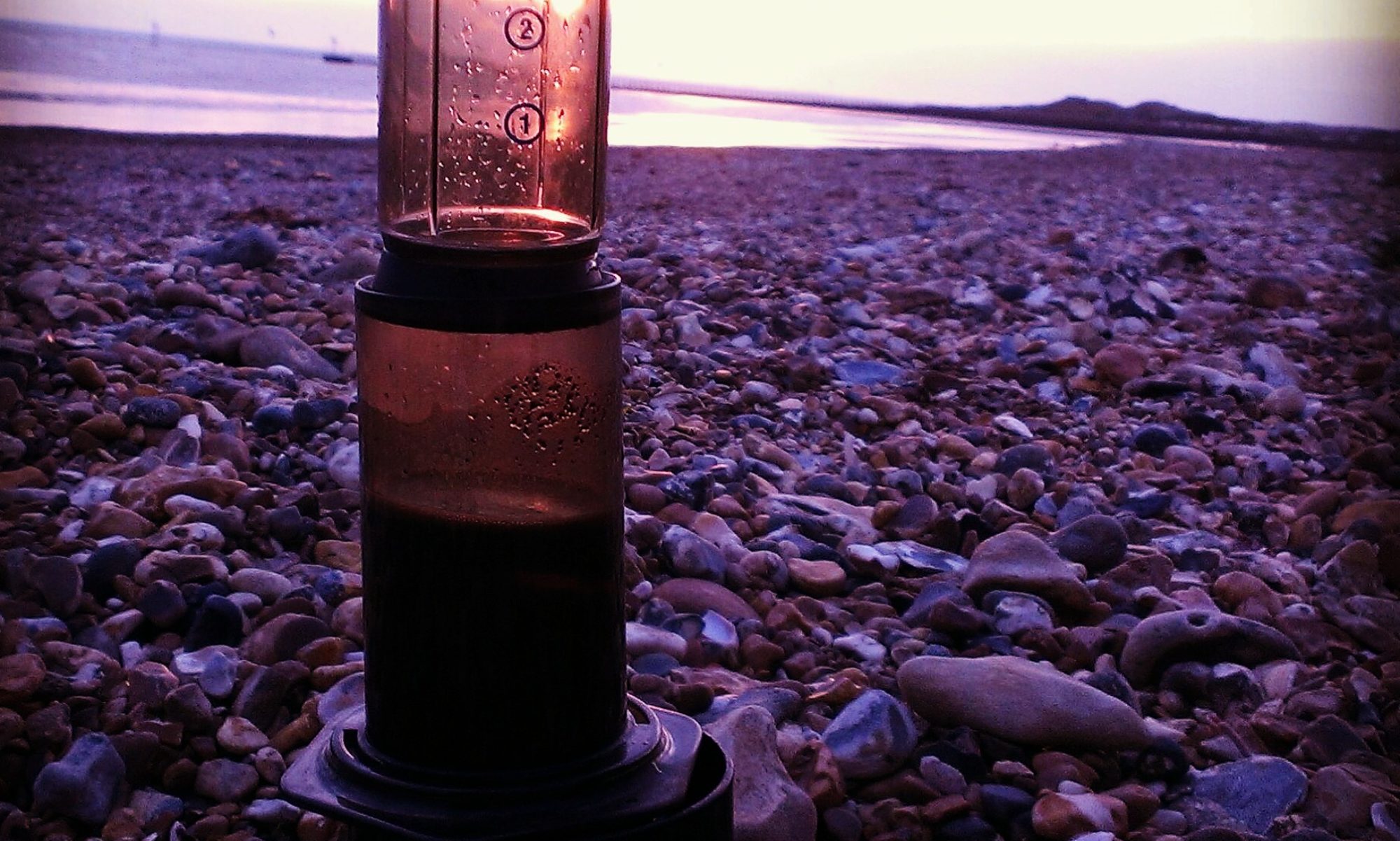Coffee has come a long way from being a commodity product to more of a cultural icon. In the UK, coffee culture has undergone a remarkable transformation, from the mass-consumption of instant coffee in the first wave to the specialty coffee movement of the third wave and onwards to the sustainability and innovation focus of the developing fourth wave. Let’s explore the history and development of coffee culture in the UK through the different waves of coffee.
1st Wave Coffee: The Beginning of Coffee Culture
Coffee was introduced in the UK in the 17th century in select coffee shops in major cities like Oxford and London – but it could be said that the first true wave of coffee in the UK began in the late 19th century with the mass production and distribution of pre-ground coffee. Coffee was primarily consumed as a commodity product, and instant coffee became increasingly popular due to its convenience. However, coffee shops also started to become popular social gathering places, and coffee culture began to take root.
The Second World War brought about changes in the coffee industry, with the introduction of rationing and the need for alternative products to supplement the limited coffee supply. Chicory became a common substitute for coffee, and instant coffee remained popular due to its convenience and affordability.
2nd Wave Coffee: The Rise of Coffee Chains
The second wave of coffee could perhaps be said to have began in the UK in the 1990s, with the arrival of coffee chains such as Starbucks and the expansion of Costa Coffee. These chains introduced to many people the concept of specialty coffee drinks like lattes and cappuccinos and focused on creating a “coffee shop experience” for consumers. The second wave was characterised by an emphasis on branding, marketing, and creation of coffee drinks as a cultural experience rather than just a beverage.
The growth of coffee chains led to the widespread availability of barista-made coffee and the popularisation of coffee culture in the UK. Coffee shops became popular places for socialising, working, and relaxing, and the demand for specialty coffee drinks continued to increase.
3rd Wave Coffee: The Emergence of Specialty Coffee
The third wave of coffee in the UK began in the early 2000s, with a focus on the quality and craft of coffee as a specialty beverage. The third wave emphasized the origin, processing, and roasting of coffee beans, as well as brewing methods that showcased the unique flavours and characteristics of different coffee varieties.
Specialty coffee shops and roasteries began to emerge, and the concept of direct trade relationships between coffee growers and roasters gained popularity. Consumers became more interested in the story behind their coffee, and the demand for specialty coffee beans and brewing methods continued to grow.
4th Wave Coffee: Sustainability and Innovation
While there is no official consensus on the definition of the fourth wave of coffee, some say that it involves a continued evolution of the specialty coffee industry beyond the third wave to involve a focus on sustainability and ethical practices throughout the supply chain. This includes environmental issues and social responsibility. It could also involve continued exploration of innovative brewing techniques, such as cold brew, nitro coffee, and alternative brewing methods like pour-over, as well as a greater emphasis on technology and automation in coffee production and brewing.
Coffee culture in the UK has evolved significantly over the past century, from the mass consumption of instant coffee to the specialty coffee movement of the third wave. While the concept of a fourth wave of coffee is developing, it is clear that the demand for quality, sustainability, and innovation will continue to shape the future of coffee culture in the UK.
You can check out all our coffees, including the stories behind them, and the social responsibility emphasis here at artistrycoffee.co.uk.


